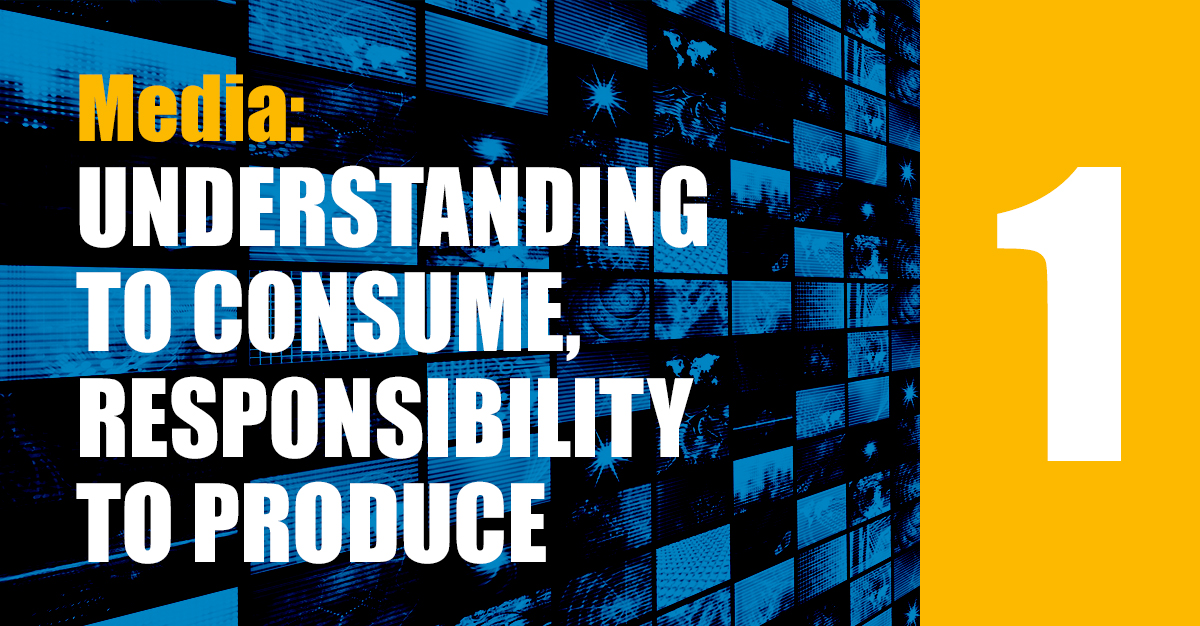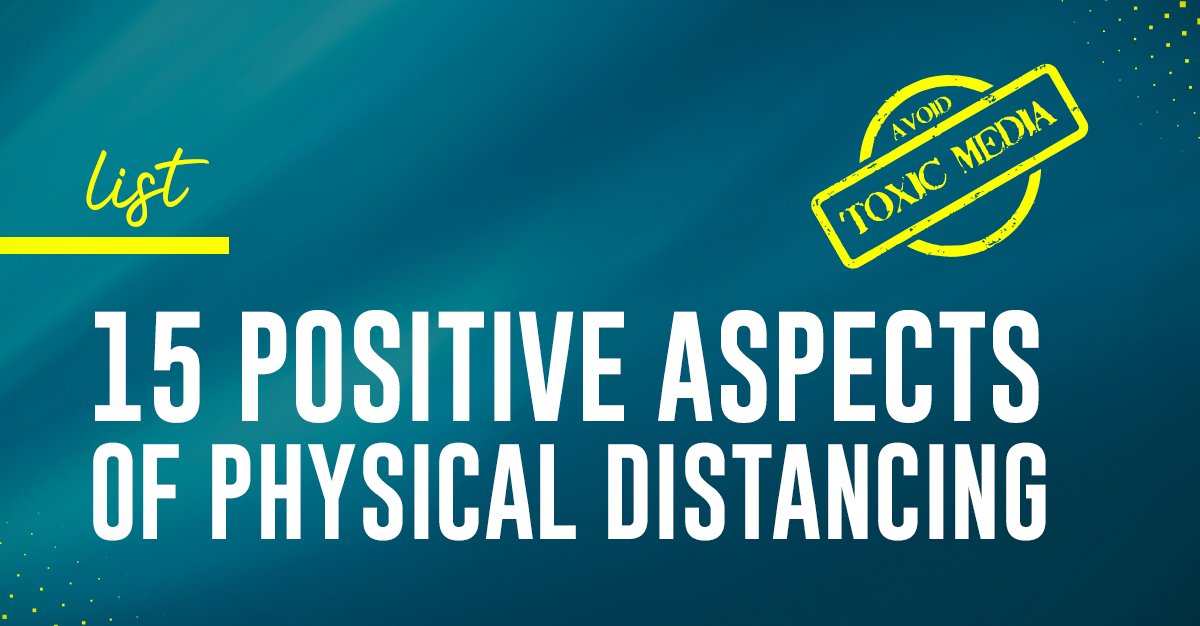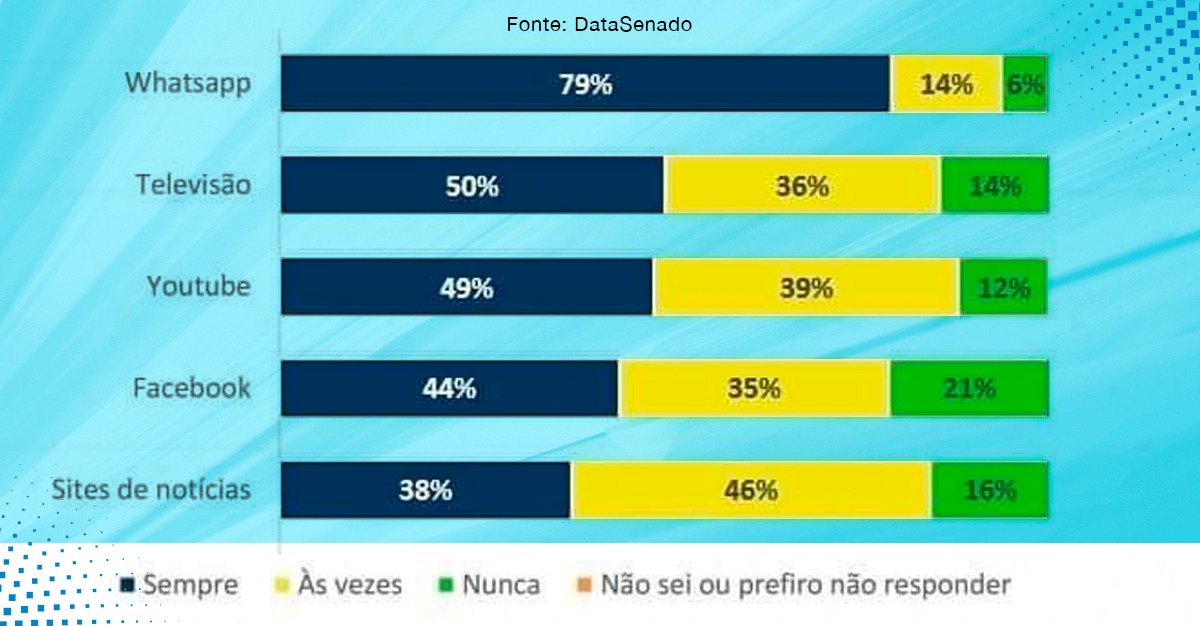Toxic media show little, but quarantined life offers rich opportunities
See moreDiscussion
Media – Understanding to consume, Responsibility to produce (1)
Posted in 13/12/2018 at 11:32
Fact 1: Our well-being and our health depend directly on the quality of our thoughts and our feelings and emotions. This is a statement based on solid scientific evidence accumulated recently in various areas of knowledge, in addition to being a guideline for various philosophical and religious currents.
Fact 2: The media (and the concept incorporates social networks and the internet) is a powerful source of stimuli that interfere with our thoughts, feelings and emotions. We live in unprecedented times in the trajectory of the human species in which the volume of messages and media stimuli reach unusual proportions, which generates relevant consequences yet to be properly understood.
These two facts are quite obvious and can be verified by common sense. We are going to deepen each one of them to illustrate their veracity and to relate them to another fact of the current life:
Fact 3: The pandemic of mental and emotional problems that plagues the planet, with priority for the observation of the Brazilian situation, in which the wide dissemination of depression, anxiety, suicides, violence and other problems of a psychological nature stands out. The evidence points to a dramatic acceleration of this pathological situation in the last ten years – a period that coincides with the wide dissemination of digital communication and social networks. This coincidence does not necessarily represent a cause and effect relationship, but it draws attention and deserves studies.
The result of this reflection will necessarily be the production of intuitions about ways to consume and produce media in such a way that they do not generate psychological problems for people and, on the contrary, absorb from the media their enormous positive potential to improve personal life and society.
It starts from the point of view that all people are, in the network society in which we live, recipients and also media producers, since social networks allow the wide dissemination of content produced by individuals.
The emergence of what we could call the “media individual” is a historical novelty, but the comprehensive reflection on the subject requires attention to the dynamics of the production of professional media content and all segments that are part of the so-called “cultural industry”: media companies , sponsors, advertisers, screenwriters, advertisers, journalists, cultural producers and others.
The cultural industry lost its monopoly with the emergence of the “media individual”, but it is still the dominant force in the production of content that impacts people. Its moment deserves reflection in the light of the problems of today and the new evidence from science, and new attitudes and behaviors can and should be put into debate.
Likewise, the legal, regulatory, public and democratic context in which the media is produced and marketed (in the case of the cultural industry) deserves to be addressed. The media has a huge influence on the social life and well-being of individuals. Its importance reinforces the legitimacy of reflection so that it is a force at the service of the development of society and individuals, reforming aspects that are proven to stimulate negative personal and social dynamics.
It is an ambitious program that we are gradually developing, and comments are welcome.
Roger Ferreira
Leave a Comment
Read too
Fifteen positive aspects of physical distancing
Posted in 21/05/2020 at 12:04
News consumption by WhatsApp and its risks
Posted in 13/12/2019 at 16:17
A November 2019 survey, carried out by DataSenado, points out that the main communication channel used by participants nowadays is WhatsApp, with 79% of usage.
See more